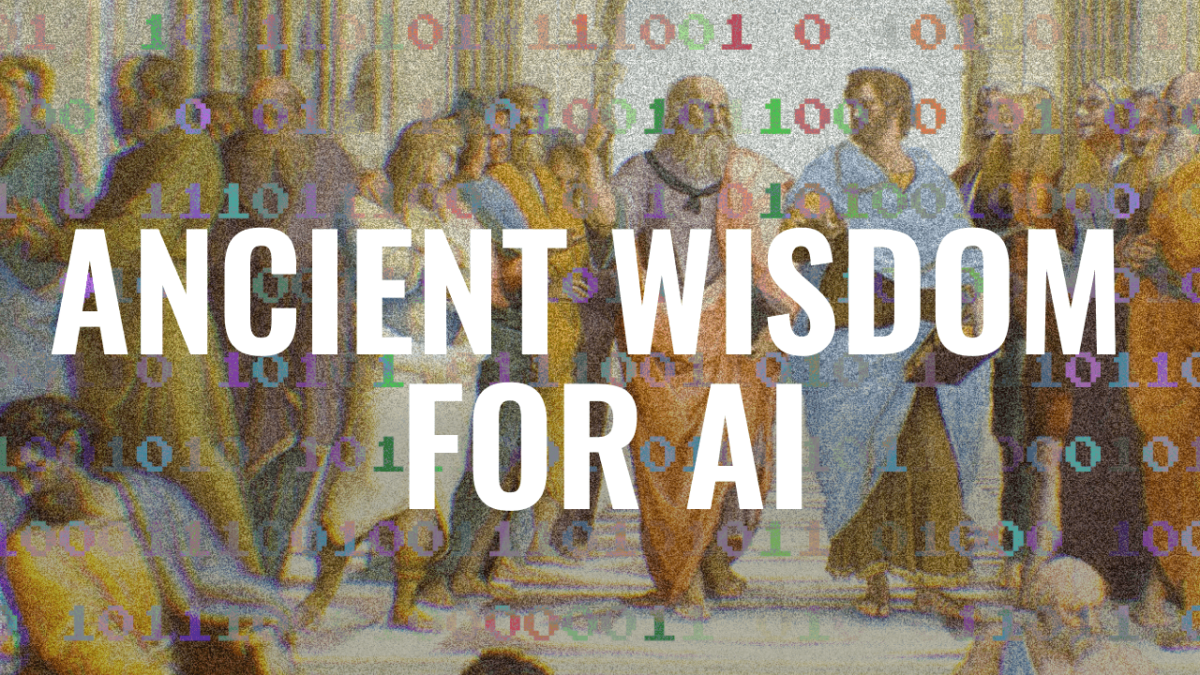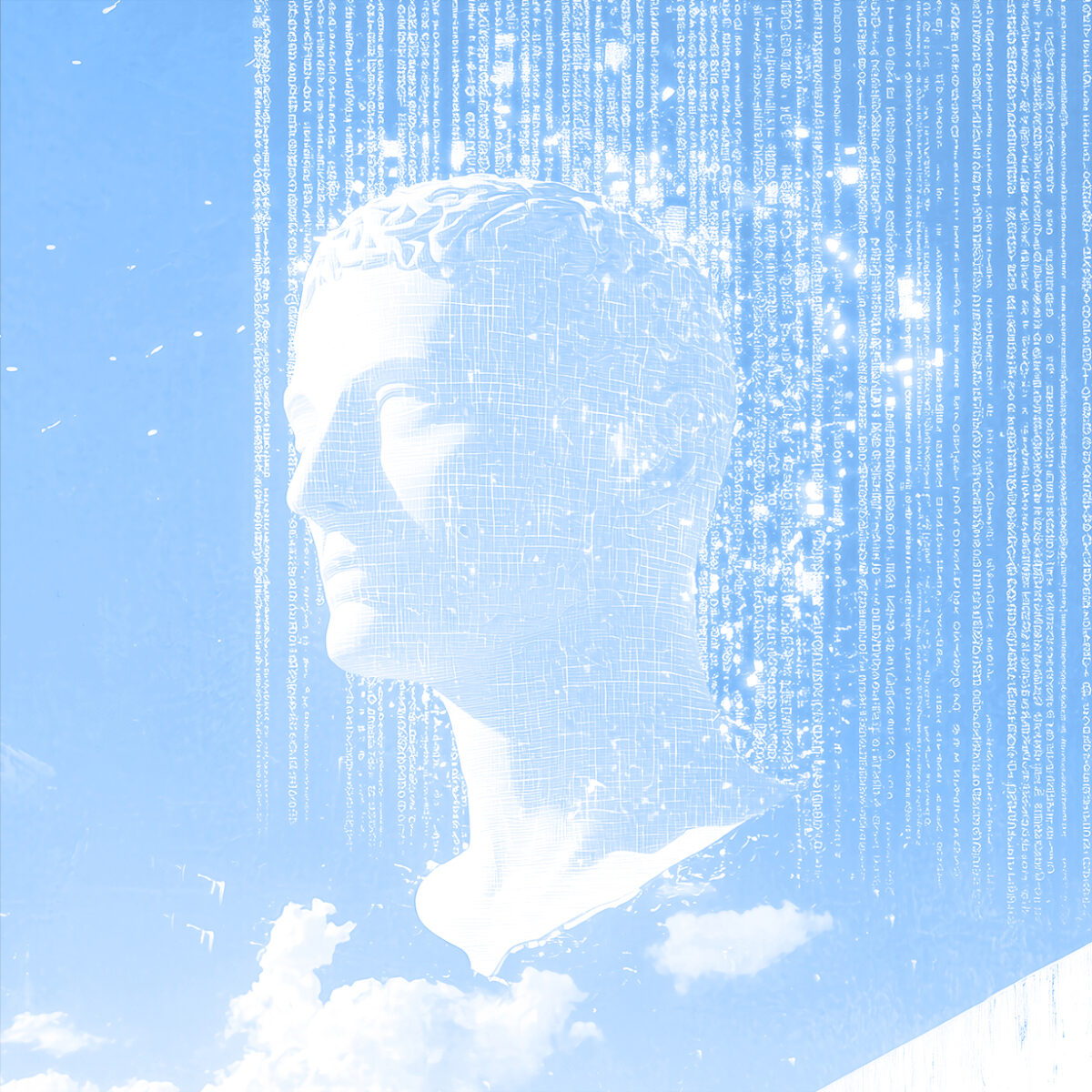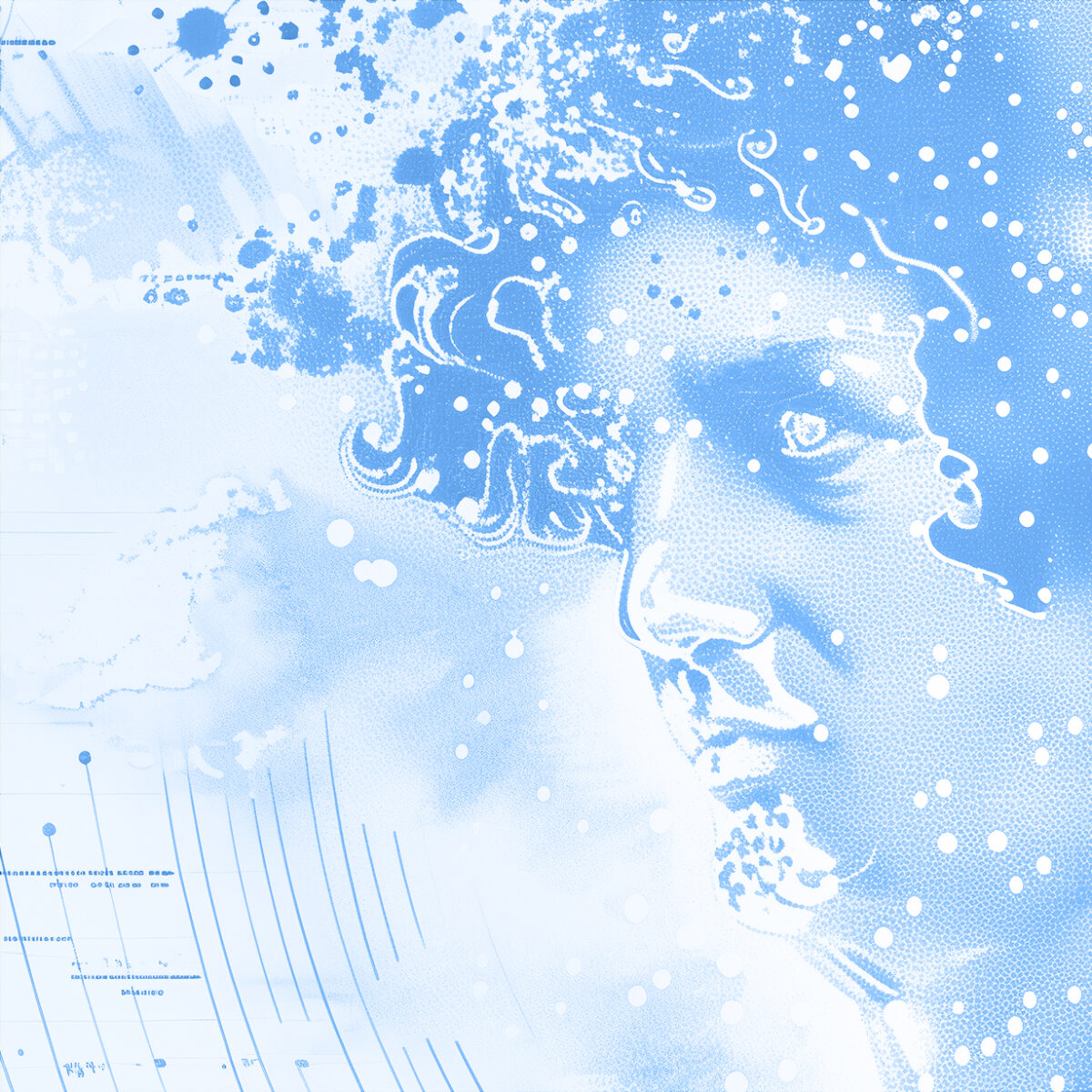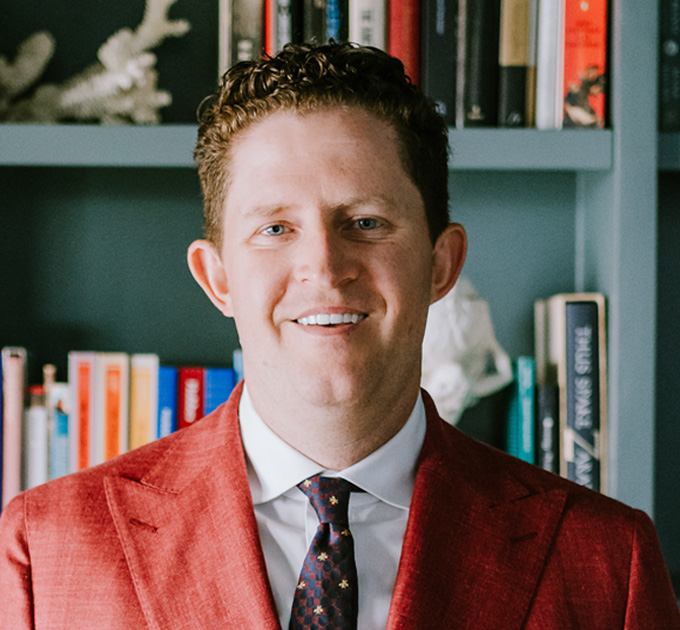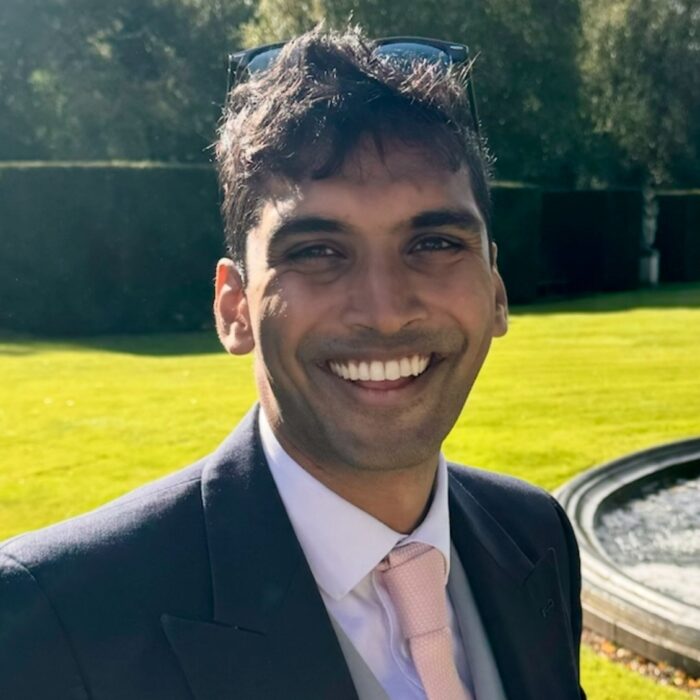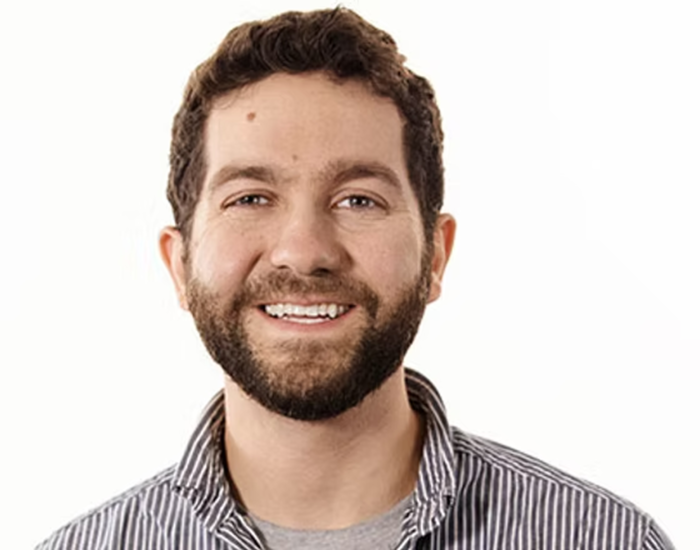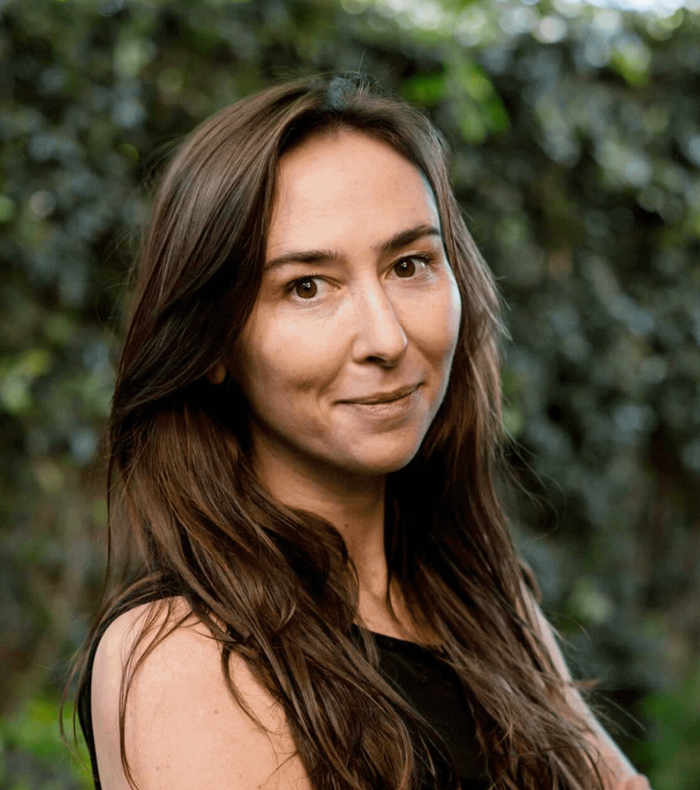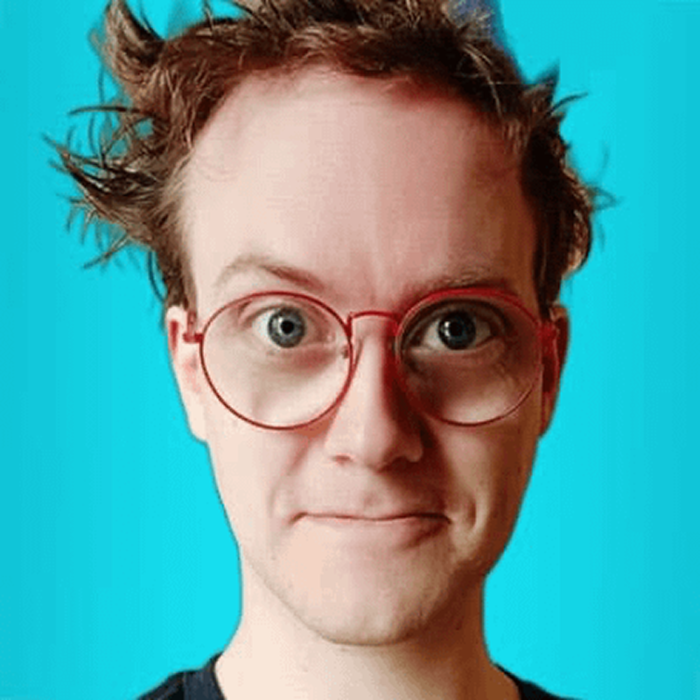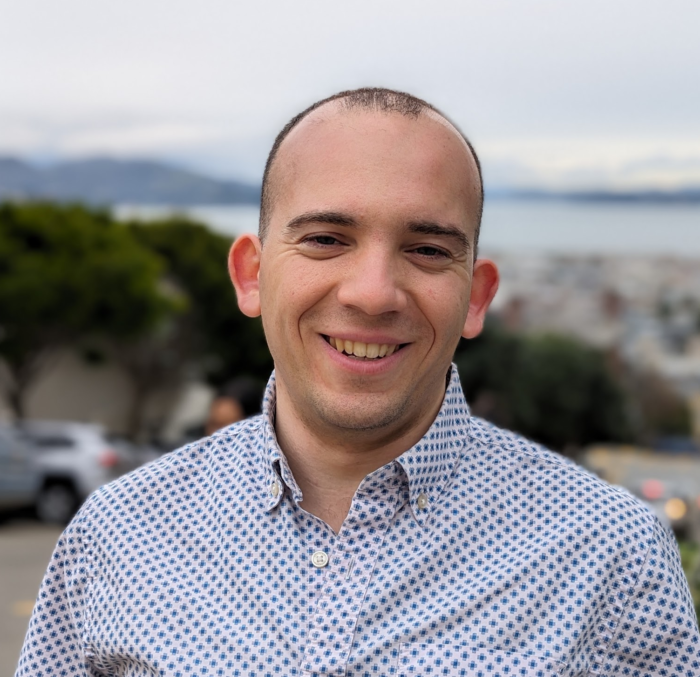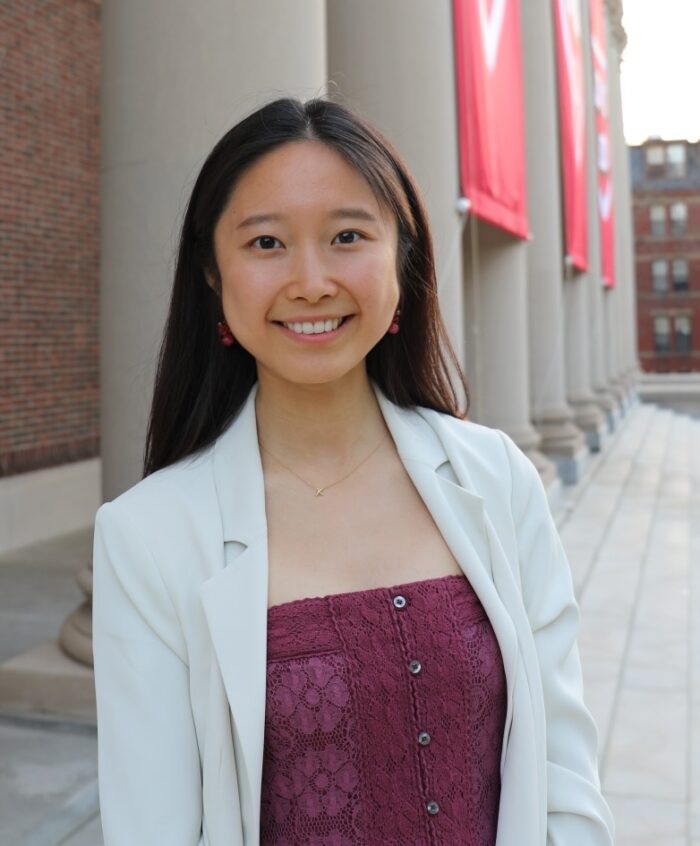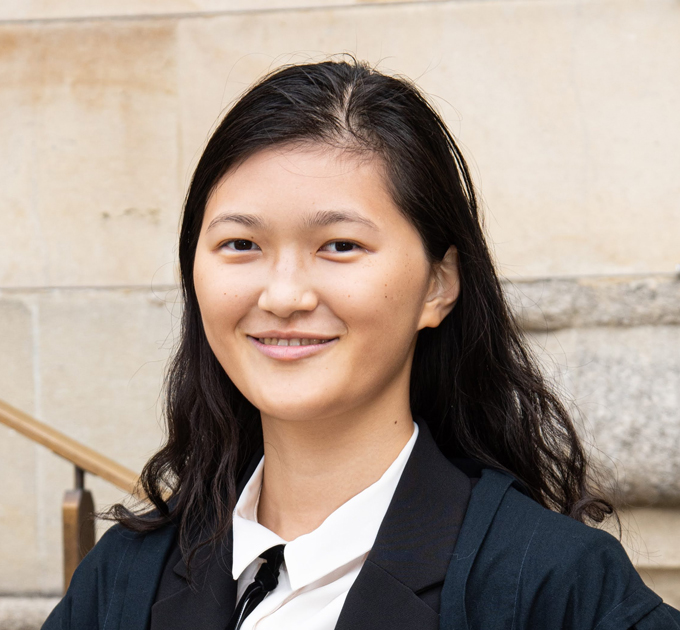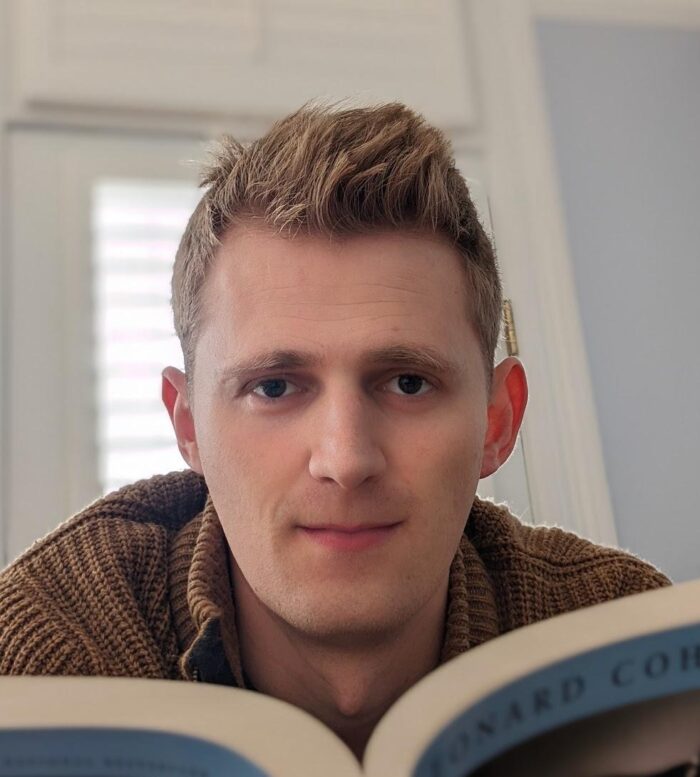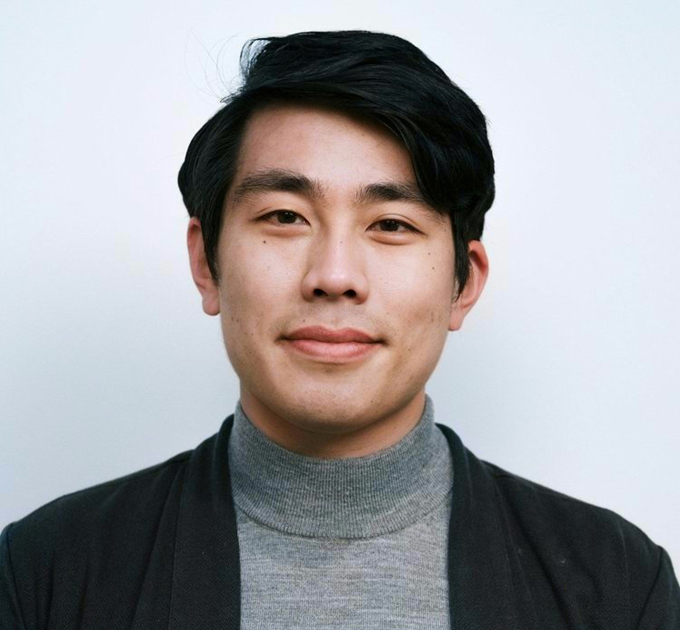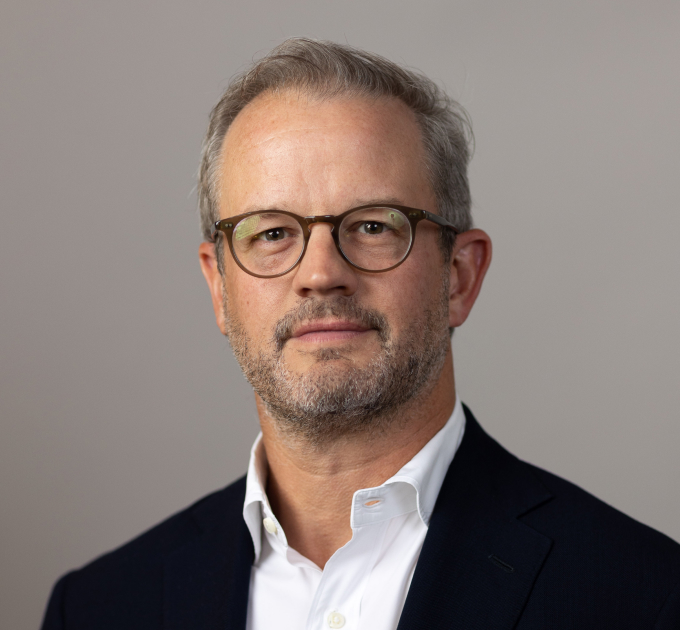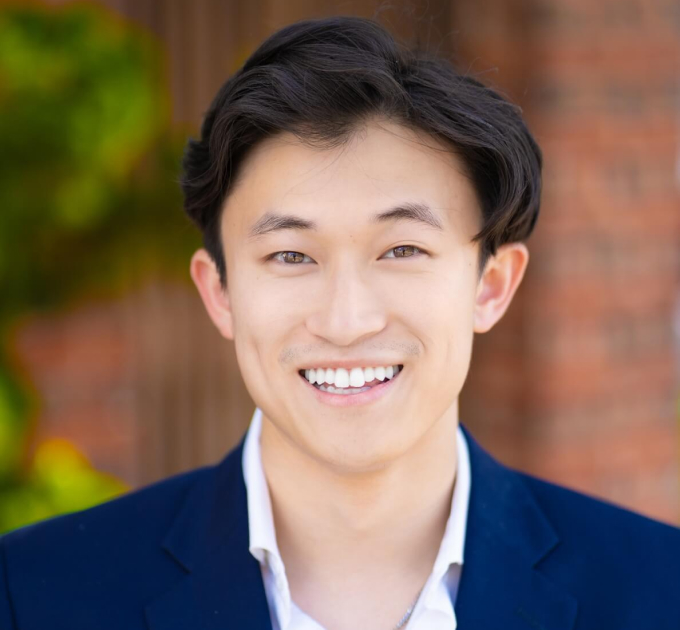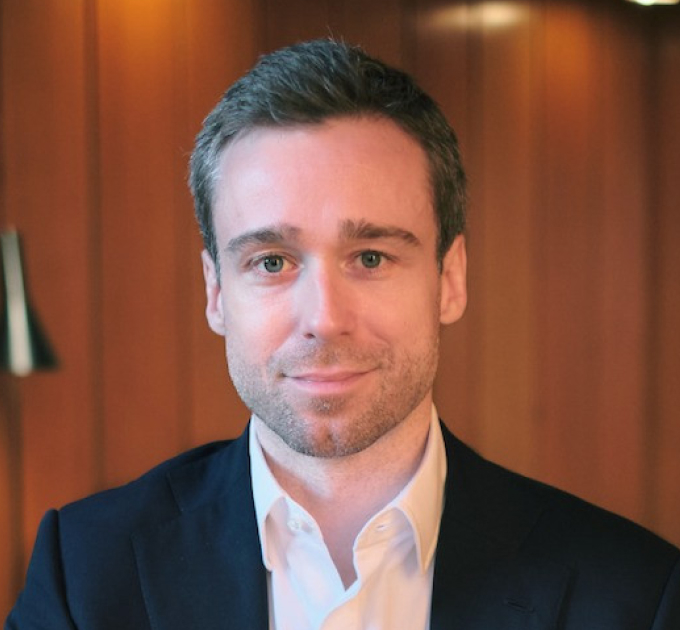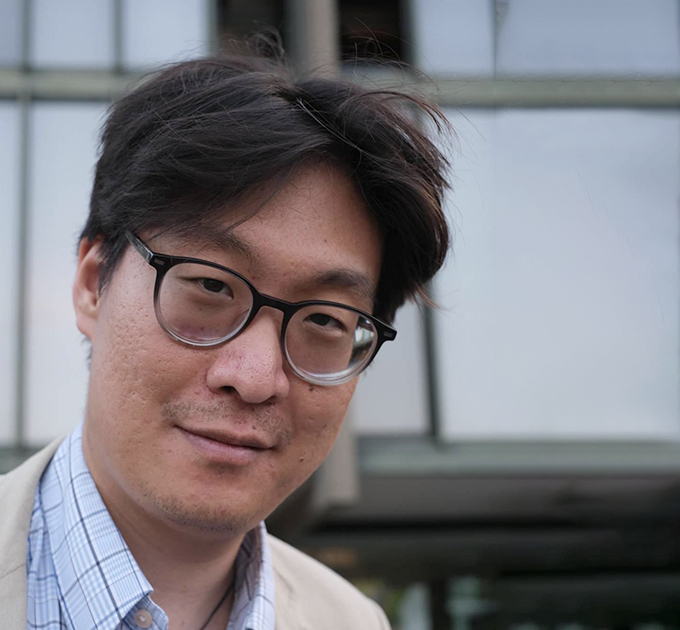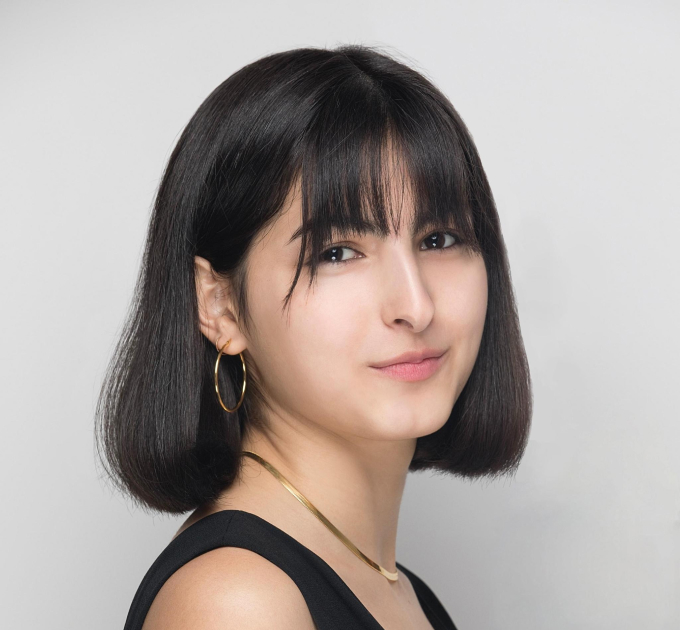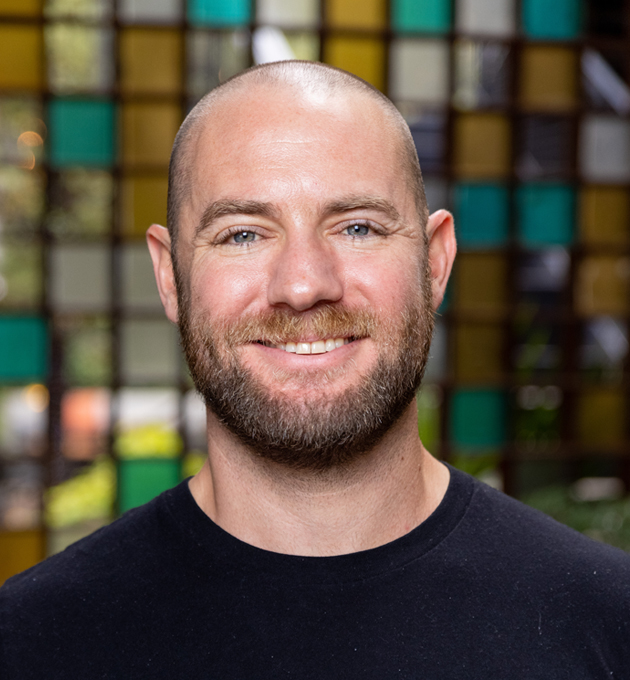Cultivating a new kind of technologist.
We unearth the world’s best emerging “philosopher-builders,” individuals combining world-class Al expertise with profound philosophical insight.
Cosmos Fellowship
Through the Cosmos Fellowship, we provide them with the environment, resources, and community to transcend disciplines and catalyze a new intellectual movement in tech.
The Fellowship is a multi-month, full-time experience in which Fellows may integrate into the HAI Lab at the University of Oxford or other partner institutions (subject to host agreements), collaborate with Cosmos mentors, or pursue independent projects within an interdisciplinary network of leaders.
Register Your Interest
Cosmos Senior Research Fellowship
Cosmos provides multi-year, unrestricted funding for visionaries pursuing paradigm-shifting work at the intersection of technology and human flourishing. This 2-7 year fellowship has minimal obligations, recognizing that groundbreaking research requires both freedom and long-term support.
By Nomination Only • Learn More

